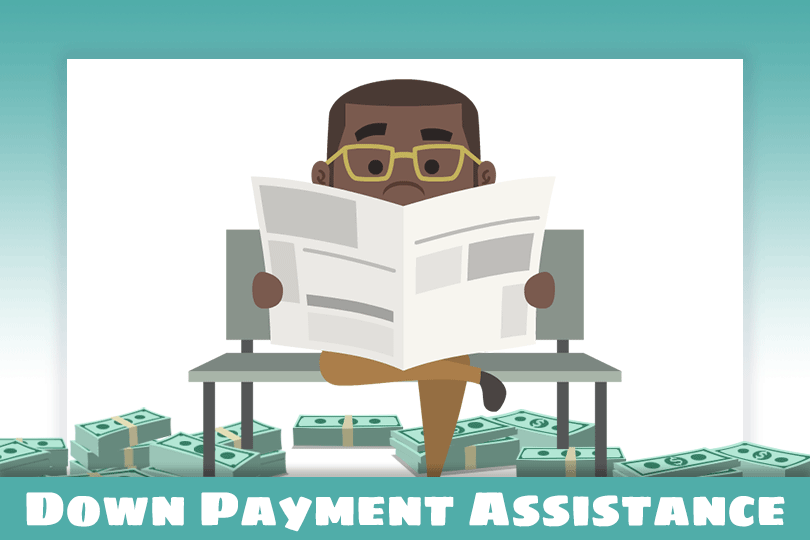The Three Types of Down Payment Assistance
March 24, 2021
As of 2019, 68% of homebuyers are making down payments of less than 20%. That means in addition to the chunk of money required upfront, borrowers need to pay additionally for the mortgage insurance, which is another deterrent to buying a home.
This is where Down Payment Assistance Programs come in. With the help of these programs, long time renters can make up the shortfall and purchase their first home. In addition, they can help potential homebuyers put down 20% on their home and avoid paying mortgage insurance.
Keep in mind that after the Housing and Economic Recovery Act of 2008, seller-funded down payment programs were outlawed. HUD rules state that anyone with a financial stake in the loan or its outcome may not offer any kind of down payment assistance. The law does, however, allow states and local government agencies to help borrowers finance their homes with second mortgages and grants.
Down Payment Assistance comes in three forms:
1. Grants
State and local agencies in addition to housing authorities offer eligible homebuyers down payment grants that can be put towards paying mortgage expenses like down payments and closing costs.
2. Second Mortgages
Many down payment assistance programs come in the form of a second mortgage with low- or zero-interest rates. These are usually deferred loans that need to be paid when the home is paid off, sold, or refinanced. In some cases, the loan is completely forgiven after a certain period.
3. MCC’s
A Mortgage Credit Certificate (MCC) is a tax credit issued by state or local government that allows a taxpayer to claim some portion of the mortgage interest paid. Keep in mind that this is not a tax deduction; it provides a dollar-for-dollar tax credit to homebuyers for the interest paid during a given tax year.
Buying a home is expensive enough as it is. Having a little help with the payments can go a long way. FHA.com has done some of the heavy lifting by compiling a list of Down Payment Assistance programs in all states. Look at the list find a program that will benefit you and bring you a step closer to owning your own home!
------------------------------
RELATED VIDEOS:
Consider the Benefits and Risks of a Joint Loan
Borrowers Should Know About the Origination Fee
Everyone Needs to Pay Their Property Tax

FHA Loan Articles
April 30, 2025 In a previous post, we discussed why FHA borrowers should carefully consider whether paying for discount points truly serves their best interests, focusing on factors like short-term homeownership, opportunity cost, FHA mortgage insurance, and the prevailing interest rate environment. Discount points are an option for borrowers willing to pay a fee to lower the interest rate by a set amount. This is not right for all borrowers, and you don't want to pay for points you won't benefit from during the loan term.
April 29, 2025Are you considering buying a home with an FHA loan? You'll likely talk to your participating lender about FHA loan "discount points" – fees you pay upfront for a lower interest rate on your mortgage. The idea behind discount points is a straightforward exchange: you spend money today to reduce your interest rate. Typically, one point equals one percent of your total FHA loan. In return, your interest rate might decrease by an amount you and the lender agree upon.
April 28, 2025Home loans have various expenses that aren't apparent to a new borrower until much later in the process. What do you need to consider when making your home loan budget? It might not be complete without addressing some of the issues we cover here.
April 23, 2025 While the prospect of lower interest rates or more favorable loan terms can be enticing, there are situations where waiting is the better option. Refinancing without carefully considering your current financial circumstances is never a good idea, but careful planning in the current financial environment is even more important.
April 22, 2025First-time home buyers worry about loan approval, but there are important steps to take to increase the likelihood that the lender will approve their application for the loan or pre-approval. What do you need to know before you choose a lender?







